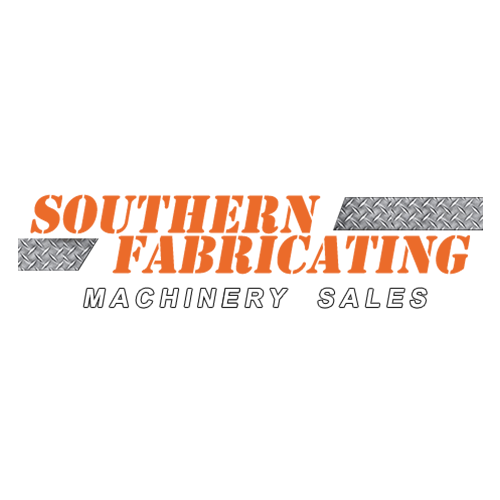
Posted By: Peter Jacobs | Posted On: May 28, 2021
8 CNC Machine Failures and Troubleshooting Tips
Besides portraying decent durability, CNC machines are known for being long-lasting and can be relied upon due to their redundancy. However, even the most reliable CNC machines can frequently encounter malfunctions, be it minimal or substantial.
These deterrents, if minimal, can be addressed by a technician right away. But if the malfunction turns out to be substantial, it can lead to prolonged downtime and tax your business financially.
Here are the eight most common CNC machine failures and their solutions that you must be aware of if your company employs a benchtop CNC mill to perform mundane tasks.
1. Using Inappropriate Cutting Tools or Settings
Picking an inappropriate cutting tool can degrade the final build quality of the product, typically visible through rough edges, raised marks, or burn spots on the material’s corners.
Poor material finishes directly result from either the tool being blunt or an improper feed speed ratio. Another leading cause can be choosing inaccurate tool dimensions for the task at hand in terms of the sizes, build quality or material.
Solution
Resolving this issue requires that you choose the appropriate tool and setting for the build quality and material. You must refer to proper instruction manuals that state the parameters for various tools and quality used.
2. Programming Errors
Since sophisticated equipment gets operated by CNC computers, several issues in CNC machining arise from incorrect programming.
This scenario might be due to a lack of understanding of the various G and M codes employed for the controller, improper set-up, or feeding erroneous data variables into the CNC controller.
Solution
New operators must be trained adequately in all different approaches in which CNC machines are programmable. Machine suppliers can provide new operators with comprehensive user manuals accompanied by training, motion sequencing, and machine operation.
3. Poor CNC Machine Tool Maintenance
Modern machines come with several mechanical parts that are constantly in motion. Therefore, CNC machine tools must be cleaned and maintained regularly to ensure optimal operation.
Failing to brush off the dirt, clean the material and other debris can lead to a build-up. This scenario could potentially lead to inaccuracies in machining or even machine failures.
Solution
It is pivotal for machine operators to adhere to a comprehensive maintenance regime for the machine tools. You must frequently check the coolant or airflow levels, for instance, air filters, to establish that the machine continues to operate smoothly.
4. Incompetent Workers and Lack of Training
With the growing implementation of computing and programming, CNC machine tool operators require a distinct set of knowledge and expertise.
Without relevant organizational, planning, and programming skills, workers cannot enhance the yield of these machines despite possessing machining skills and expertise using older machine models.
Solution
As a resolution, you must hire trained machine operators to visualize and design the machining process, choose the appropriate tools and sequences for the task, and write programs.
5. Issues With the Power Supply
The CNC machine tool’s display or other parts sometimes might not operate due to problems with the primary power supply. This scenario could lead to the machine yielding inaccurate results or failing to operate at all.
Solution
Ensure that you are using the correct power and voltage for the input parameters. Subsequently, check if the output or secondary side is functional.
If voltage reading is low, disconnect the output wires with the power turned off, power up, and reassess the output side. Also, check if the LEDs on the machines are functional.
6. Problems With Automatic Tool Changer
Sometimes you might encounter issues with the automatic tool changer in your CNC Machine Tool. You can resolve this by learning each step of the tool-changing process.
Solution
Assess that the base, tool holder, gripper arm, support arm, and tool magazines are functioning smoothly. Check the swiveling and mechanical arm action to ensure that they are not causing the issue.
7. Machine Vibration or Chatter
If your CNC machine is vibrating when under operation, it could substantially shorten the life of your tool, negatively impact your CNC machine's durability, or sabotage the quality of your machined component.
Solution
You must diagnose if the noise is workpiece chatter or tool chatter. Consider adjusting the RPM of your machining process to ensure that the frequencies of the machining process do not resonate with the frequency of the material.
8. Machine Tool Overheating
Overheating can occur when dealing with high volume and prolonged durations of machining. The CNC machine tool might reach temperatures of over 150 degrees. This scenario could negatively affect your machining process's result, the tool used, and even the CNC machine.
Solution
You must be sure to clear all channels regularly and have the machine rid of dirt, soil, and debris. Plus, it's necessary to routinely clean up all metal shavings and the liquids utilized in cutting.
Consider using a spindle with Air-Oil Lubrication or an Oil-Jet Lubrication spindle as it has no issues operating for long hours at maximum rpm. Be sure to ventilate your CNC machine to provide some coolant from nature as well.
Final Words
CNC machine tool failures and mistakes can be financially catastrophic over the long run for your enterprise. Besides being robust and durable, CNC machines are still prone to breaking down if not operated cautiously.
To ensure that a CNC machine's downtime stays minimal, you must be wary of some common failures along with their troubleshooting tips, as mentioned in this guide.








